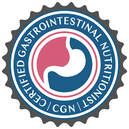|
Got uncomfortable gut problems such as painful gnawing (especially on an empty tummy), nausea, bloating, or burping? Consider H. Pylori!! Helicobacter Pylori (aka H. Pylori) is a gram-negative bacteria that can colonize the stomach early in life and damage tissues in the stomach and in the upper part of the small intestine, called the duodenum. It can even colonize the oral cavity. Using an enzyme called urease, H. Pylori is able to attack the mucosal lining of the stomach and small intestine, causing inflammation and weakening the protective mucosal barrier. It can also neutralize stomach acid production, making it difficult to properly break down protein rich foods and absorb vitamins and minerals, including iron, B12, folic acid, vitamin E, vitamin C, vitamin A, as well as others. Thus H. Pylori can contribute to micronutrient malnutrition which can increase the risk of chronic disease. Interestingly, about 40% of the American population (and ~70% of the developing world) is a carrier of H. Pylori, and most do not even know they are infected. However, H. pylori can impact your health in many ways and can lead to gastritis, peptic ulcers, and even gastric cancer. If you are diagnosed with H. Pylori, it may be that your partner is a carrier as well. H. Pylori can be transmitted by mouth from kissing and can also be passed by having contact with vomit or stool from an infected person. There are many different strains of H. Pylori, each sensitive or resistant to different treatment modalities. With increasing antibiotic resistant strains, more research has focused on using alternative tools (such as plant compoundsand probiotics) as an adjunct therapy to traditional triple therapy to increase eradication rates. Therefore, having a multipronged approach to treating H. Pylori infection is important. The following foods (and a few more) have been found to increase eradication rate by inhibiting H.Pylori growth and adhesion, while reducing mucosal inflammation. Garlic & Ginger Garlic is rich in organosulfur compounds that have potent anti-bacterial properties against H. pylori. The therapeutic amount used in studies can be obtained by eating 1 medium raw garlic clove per day. Ginger consumption eradicated H. Pylori by 50% in a small pilot study of 15 patients tested positive for H. Pylori. Tip: Mince up raw garlic really fine and mix with raw local honey OR add raw ginger root to a smoothie. Broccoli Sprouts Broccoli sprouts are rich in sulforaphane, which is a powerful antibacterial against H. Pylori. Studies found that patients who ate broccoli sprouts twice a day for 7 days had increased H. Pylori eradication rates. Regular consumption of broccoli sprouts can reduce levels of urease and reduced gastric inflammation. Tip: Add broccoli sprouts to your sandwich instead of lettuce. Cranberry Juice Studies have found that cranberry juice (250ml twice per day) alone may help improve eradication rates of H. Pylori. Along with traditional triple therapy including omeprazole, amoxicillin, and clarithromycin, cranberry juice increased eradication rates in females. The compounds in cranberries have anti-adhesive properties making it difficult for H. Pylori to burrow into the stomach lining and cause inflammation. Tip: Add in frozen cranberries while you are cooking your oatmeal or add pure cranberry juice to a smoothie. Aloe Vera Inner aloe vera gel expresses antibacterial properties to H. Pylori due to its unique plant compounds including coumaric acid, ascorbic acid, pyrocatechol, and cinnamic acid. Furthermore, the unique polysaccharides (which are mucilaginous) in the aloe vera, directly inhibit H. Pylori adhesion to the gastric cells. Plus, aloe vera helps soothe and heal irritated lesions in the mucosal lining, including gastric ulcers, often caused by H. Pylori. Tip: Add pure inner leaf aloe vera gel to smoothies or drink straight. Freeze in ice cube tray and add to smoothies all throughout the year. Okra Fresh raw okra has strong anti-adhesive qualities. Just like aloe vera, the mucilaginous polysaccharides are also soothing to the gastrointestinal tract, healing and soothing irritated or inflamed membranes. Tip: Add frozen okra to a smoothie, you won’t even know it's there! In addition to traditional triple therapy or an herbal protocol the smoothie below can help increase eradication rates and hopefully keep H. Pylori from coming back. BUT remember, if you are tested positive for H. Pylori, your partner may be infected too. Therefore, double up on this smoothie and cheers to love and to getting rid of H. Pylori! “H. Pylori Be Gone” Smoothie Serves 2 INGREDIENTS 1 banana 1 cup frozen organic berries ½ cup Lakewood Organic Pure Cranberry Juice ½ cup frozen okra ¼ cup Lakewood Organic Pure Aloe Vera Juice 1-2 inches raw ginger root, peeled and coarsely chopped 1 serving plain protein powder 2 tablespoons coconut cream DIRECTIONS Blend until smooth and divide into two separate containers. If you have a partner, share this smoothie with them. Drink daily during treatment. If you want to know if H. Pylori could be contributing to your gut problems, make an appointment today! I offer GI Map PCR stool testing which tests for bacterial (including H. Pylori), fungal, and parasite presence that could be contributing to your gut and other non-gut related symptoms.
Eat Happy, Selva
1 Comment
5/7/2024 09:50:00 am
I wanted to express my gratitude for your insightful and engaging article. Your writing is clear and easy to follow, and I appreciated the way you presented your ideas in a thoughtful and organized manner. Your analysis was both thought-provoking and well-researched, and I enjoyed the real-life examples you used to illustrate your points. Your article has provided me with a fresh perspective on the subject matter and has inspired me to think more deeply about this topic.
Reply
Leave a Reply. |
AuthorLike to read? Then get your evidence based nutrition information here! All posts written by Selva Wohlgemuth, MS, RDN Functional Nutritionist & Clinical Dietitian Archives
August 2023
Categories
All
|
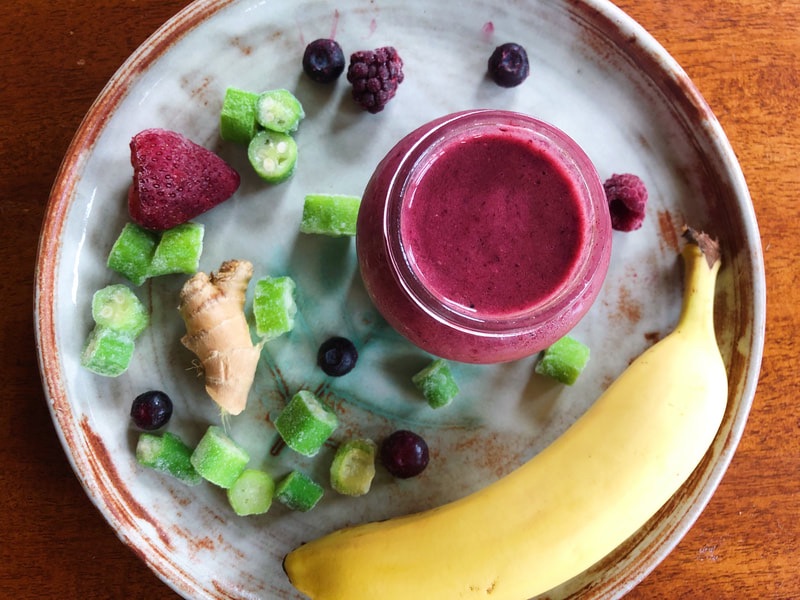


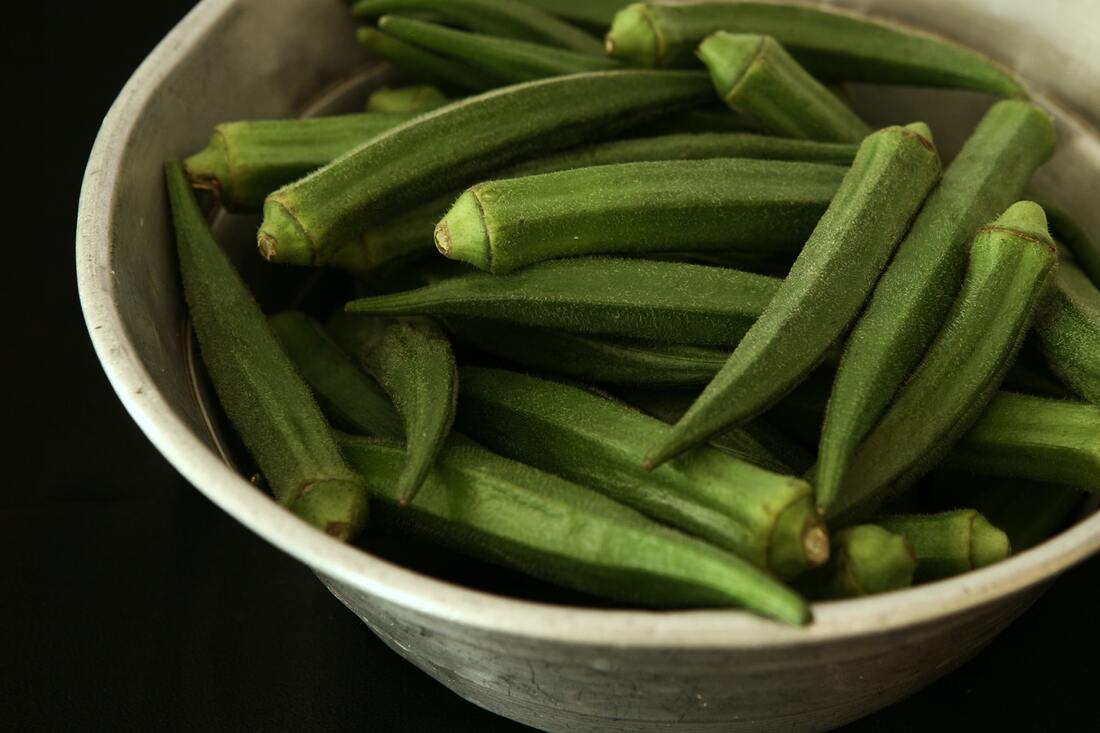
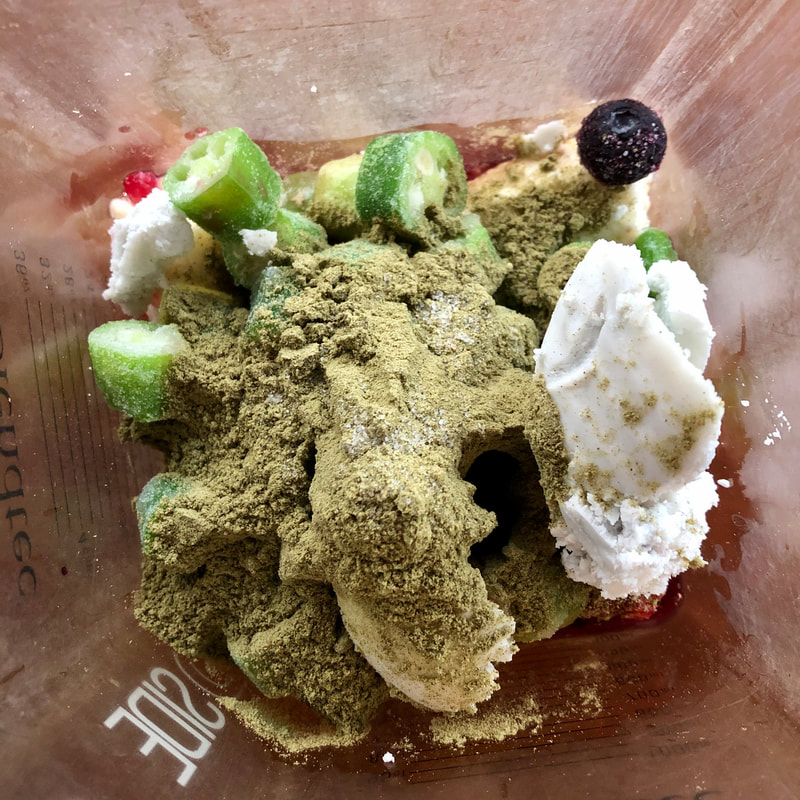
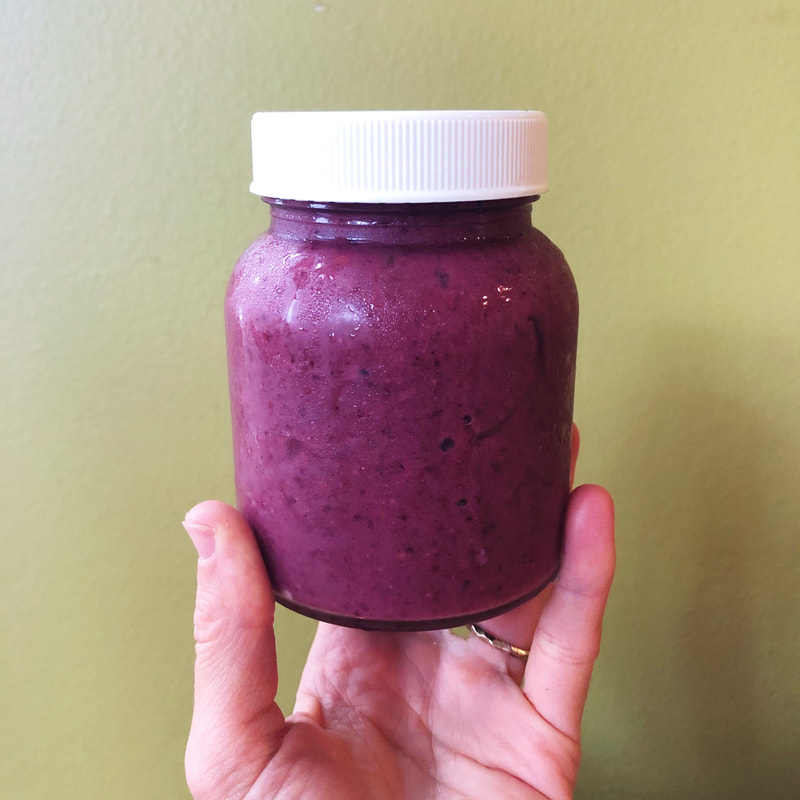
 RSS Feed
RSS Feed

